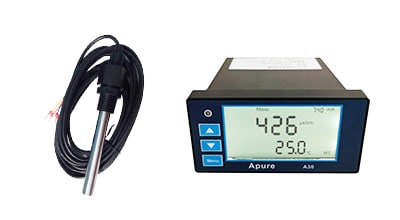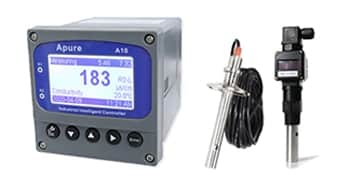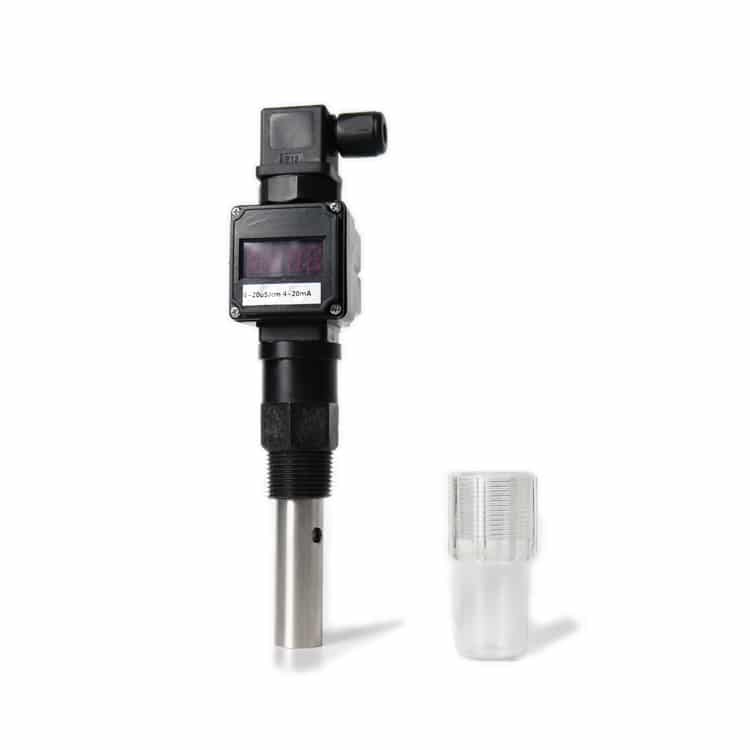Total Dissolved Solids (TDS) in swimming pool water is an important indicator of water quality, indicating the total amount of dissolved substances in the water, including minerals, organics, salts, etc. High TDS values can lead to cloudy water, reduced effectiveness of sanitizers, and even health problems.
TDS Levels In Swimming Pool Water
Swimming pool water is generally required to have a TDS (Total Dissolved Solids) of 1500 mg/L to 2000 mg/L or less. For example, if the TDS of the make-up water is 500 mg/L, then the TDS of the pool water should be kept below 2000 mg/L. High TDS values can lead to cloudy water, less effective sanitizers, and equipment that is prone to scaling, etc. Therefore, keeping the TDS in a reasonable range will help to ensure that the pool water quality and the equipment operate properly.
Impact of High TDS on Swimming Pools
- Deterioration of water sensory properties: High TDS can make water turbid, affecting transparency and aesthetics.
- Decreased disinfection effect: High TDS may interfere with the action of disinfectants, reducing their bactericidal effect and increasing the risk of microbial growth.
- Increased equipment loss: High TDS water quality may lead to equipment scaling and corrosion, shortening equipment life and increasing maintenance costs.
Effect of High TDS on Chlorine
- Consumption of chlorine: TDS contains a variety of inorganic salts, organic matter and other dissolved impurities that may react with chlorine, resulting in increased chlorine consumption. This will reduce the effective chlorine content in the pool water and affect the disinfection effect of the water.
- Decrease the sterilization effect of chlorine: When the TDS is high, the chlorine ions and other components in the water may have a complex chemical reaction with chlorine, generating some by-products, weakening the chlorine’s ability to sterilize the water, so that it can not effectively inhibit the growth of bacteria and algae.
- Turbid water and odor: High TDS content will make the water turbid, odor, and accelerate the formation of chloramines. Chloramines not only reduce the effectiveness of chlorine in the water, but also cause a pungent odor that can irritate the eyes and skin.
- Increased Maintenance Difficulty: As chlorine becomes less efficient, pools need to increase the amount of chlorine delivered to maintain ideal water quality, which increases maintenance costs and management difficulties.
How has TDS been Measured?
TDS Instrumentation
A TDS tester is the most commonly used tool to quickly and accurately measure the TDS value in water. tds Conductivity Instrumentation by Apure is used by immersing the tester probe in water and the screen will display the TDS value after a few seconds. This method is convenient and suitable for everyday testing.



Test Strip Method
TDS test paper can be used to roughly check the dissolved solids content in water. The paper is immersed in the water, removed and compared to a color comparison chart to give an approximate range of TDS. This method is suitable for simple preliminary tests but is less accurate.
Laboratory Analysis
For tests that require a higher degree of accuracy, water samples can be sent to a laboratory for analysis. Laboratories use sophisticated instruments to measure TDS with high accuracy and are suitable for regular in-depth water quality analysis.
Summary
Keeping the TDS level of your swimming pool within the desired range not only keeps the water clear, but also improves the sterilizing effect of chlorine, prolongs the life of pool equipment, and provides a better experience for swimmers. TDS levels can be effectively controlled by regular TDS testing and taking appropriate management measures, such as regular pool water changes or enhanced filtration.
Apure water quality monitoring manufacturer is well known in the field of water quality monitoring due to its exquisite technology and excellent product quality. Its product line covers a wide range of water quality parameters such as TDS, pH, dissolved oxygen, chlorine, flow meter, level measurement, pressure measurement, temperature measurement etc. Apure’s equipment is known for its high accuracy, stability and durability, and can adapt to all kinds of complex water environments, which is widely used in many fields such as industry, environmental protection, agriculture and water treatment. Please contact us for customized monitoring solutions.
